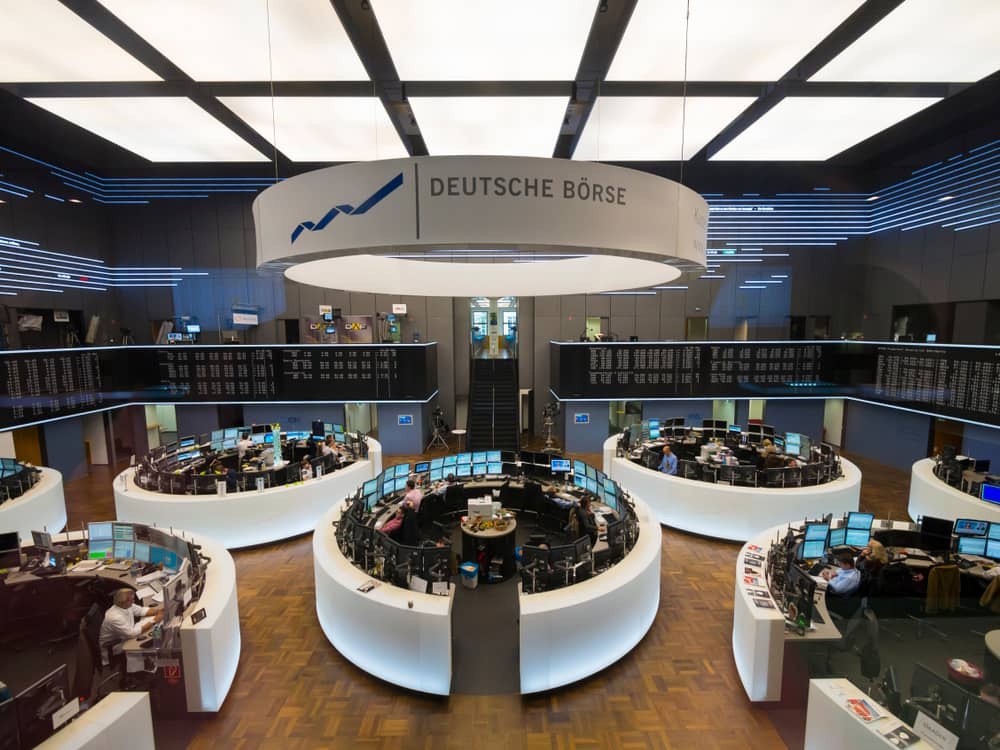
DAX is experiencing a slight decline just after noon on Tuesday, as investors adopt a cautious approach, closely monitoring developments in the Ukraine peace negotiations while anticipating new economic data from the U.S. to guide their decisions. Data indicating stagnation in German economic growth during the third quarter exerted some negative pressure, whereas the anticipation of a Federal Reserve interest rate cut in December serves to mitigate downside risks. The benchmark DAX experienced a decline of 5.85 points, reflecting a decrease of 0.03%, settling at 23,247.23 recently. Continental, Heidelberg Materials, Rheinmetall, and Infineon Technologies are experiencing gains ranging from 1.2% to 1.75%, while Merck has increased nearly 1%, and MTU Aero Engines, Commerzbank, Deutsche Telekom, Daimler Truck Holding, Deutsche Boerse, Porsche Automobil Holding, and Qiagen are seeing gains between 0.4% and 0.9%.
Symrise has experienced a decline of nearly 2%, while Bayer, SAP, Scout24, RWE, and Vonovia have recorded declines ranging from 1% to 1.4%. Zalando, Siemens Energy, Brenntag, BASF, Deutsche Post, BMW, and Hannover Rueck are experiencing slight declines as well. Revised data indicated that the German economy experienced stagnation in the third quarter, as growth in investment was counterbalanced by a decline in exports. The statistical office confirmed that gross domestic product held steady on a quarterly basis after experiencing a decline of 0.2% in the second quarter.
The expenditure-side of GDP indicated a 0.3% increase in gross fixed capital formation, rebounding from the decline observed in the preceding quarter. Investment in equipment, primarily machinery, tools, and vehicles, experienced a growth of 1.1% compared to the previous quarter, whereas construction investment declined 0.5%. Overall consumption exhibited stability in the third quarter, with private consumption experiencing a decline of 0.3%, marking the first decrease since the fourth quarter of 2023, as households reduced expenditures on restaurants and accommodation services. In contrast, government expenditure increased by 0.8% compared to the previous quarter.
Foreign trade did not contribute positively to growth, as exports of goods and services decreased by 0.7%, whereas imports remained unchanged from the previous quarter. With investors weighing stagnant domestic indicators against potential support from a Federal Reserve rate cut, the German market continues to trade cautiously, reflecting a mix of sector-specific strength and broader economic uncertainty as global developments shape sentiment.
